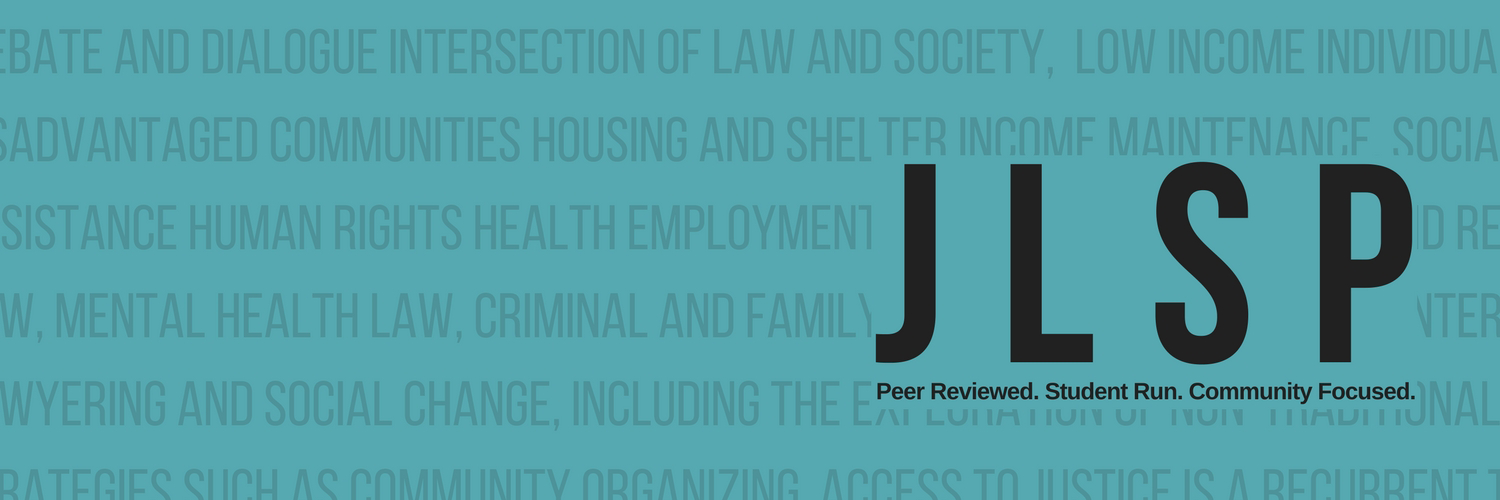
Document Type
Article
English Abstract
In Ontario, as elsewhere in the country, there are limited Indigenous-specific resources to assist in strengthening Indigenous youth, families, and communities. We explore how that might be changed by using the Anishnaabeg Youth in Transition Program at Niijkiwendidaa Anishnaabekwewag Services Circle, based in Peterborough, Ontario, as one model of service delivery. Niijkiwendidaa is situated in the traditional territory of the Mississaugas, one of several Anishnaabeg nations, and falls within the Williams Treaty area. We demonstrate how embedding culture in youth services greatly enhances the quality of life for youth now, and in the long term. We draw on these ideas and our integrative model to show how this approach can be both restorative and restitutive, providing it as an example that might meet the needs of other communities. With a view to acting on the recommendations highlighted in the Truth and Reconciliation Commission’s Calls to Action, we propose that a rebuilding of relationships, and the cultural rooting of helping systems, are essential to raising our youth to become healthy, strong adults.
French Abstract
En Ontario, comme ailleurs au pays, les ressources particulières pour les autochtones pouvant aider à soutenir les jeunes, les familles et les collectivités autochtones, sont limitées. Nous nous penchons sur les moyens de rectifier la situation en utilisant le programme Anishnaabeg Youth in Transition Program du Niijkiwendidaa Anishnaabekwewag Services Circle situé à Peterborough (Ontario) comme un modèle d’offre de services. Niijkiwendidaa est situé sur le territoire traditionnel des Mississaugas, l’une des nombreuses nations anishnaabeg, et fait partie du territoire du Traité Williams. Nous montrons à quel point le fait d’ancrer la culture dans les services offerts aux jeunes améliore leur qualité de vie à court et à long terme. Nous nous sommes inspirés de ces idées et de notre modèle d’intégration pour montrer la manière dont cette approche peut apporter à la fois réparation et restitution et l’avons fourni à titre d’exemple, puisqu’il pourrait répondre aux besoins d’autres collectivités. Dans l’optique de donner suite aux recommandations énoncées dans les appels à l’action de la Commission de vérité et réconciliation du Canada, nous croyons qu’il est essentiel de rétablir des relations et des systèmes d’aide ancrés dans la culture pour sensibiliser les jeunes à devenir des adultes forts et en santé.
Citation Information
Stevens, Nancy; Charles, Rachel; and Snyder, Lorena. "Giidosendiwag (We Walk Together): Creating Culturally Based Supports for Urban Indigenous Youth in Care." Journal of Law and Social Policy 28:1. (2018): 101-131. https://digitalcommons.osgoode.yorku.ca/jlsp/vol28/iss1/6
